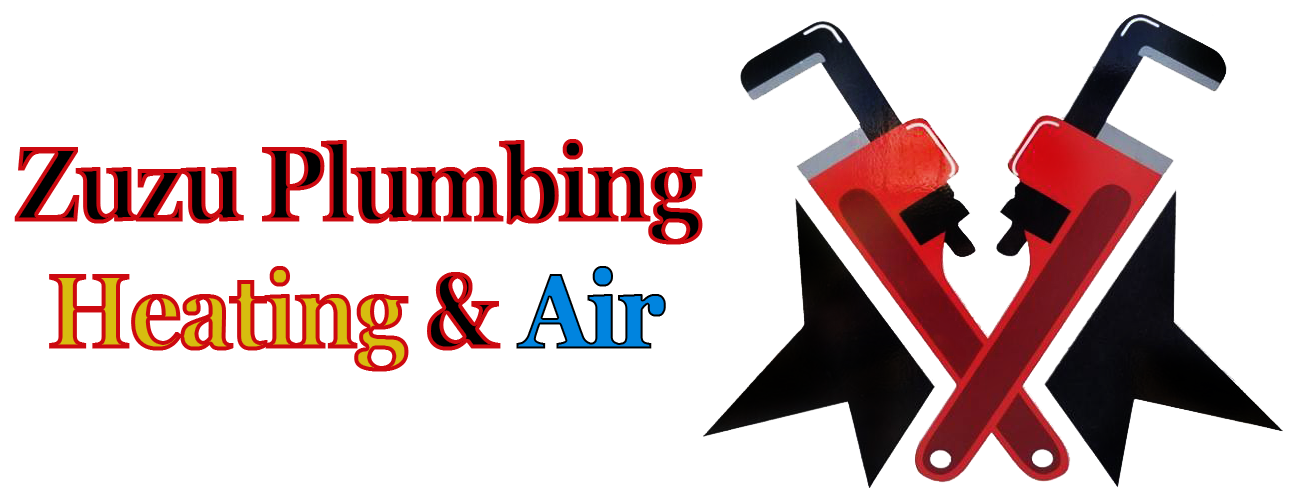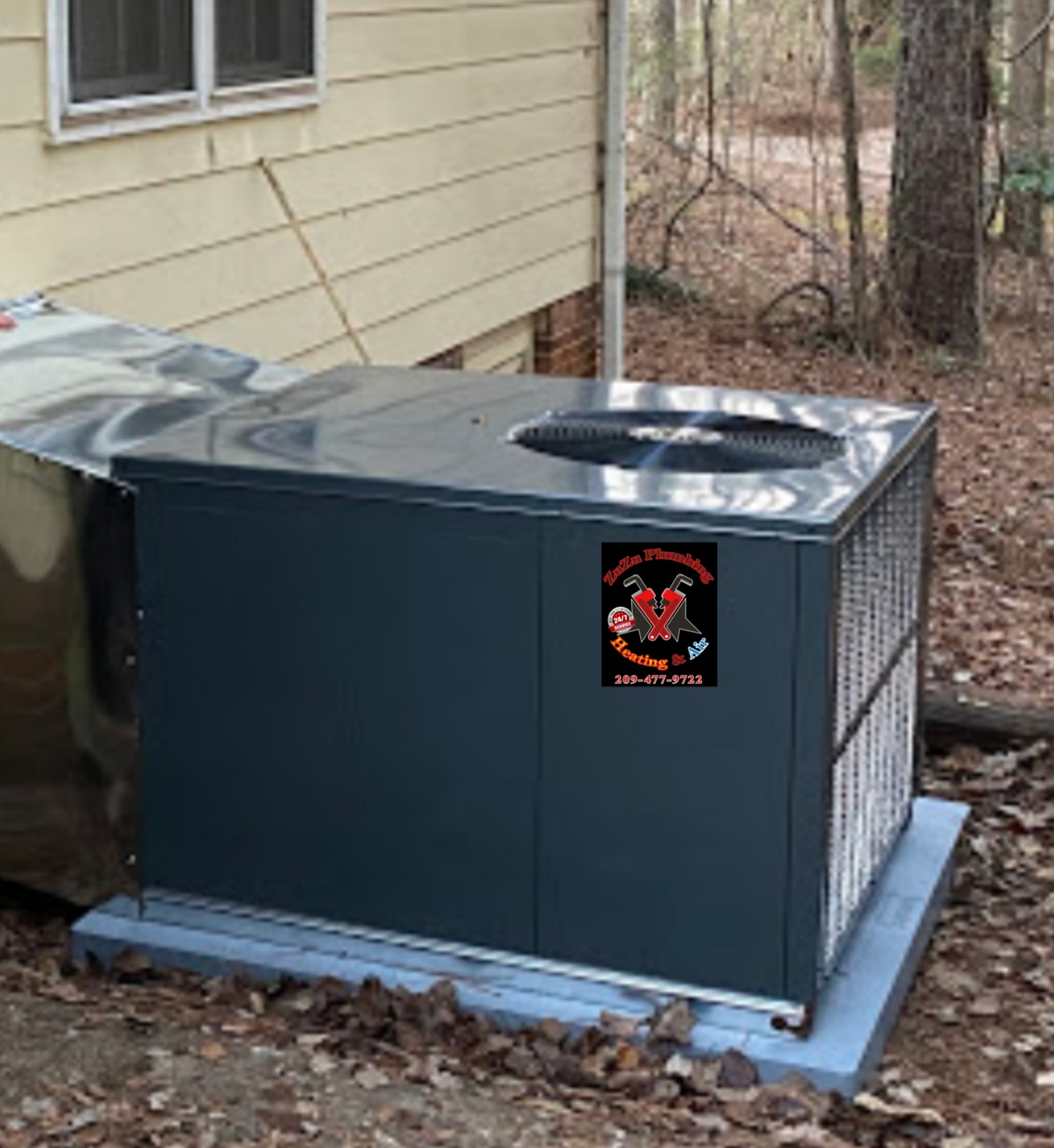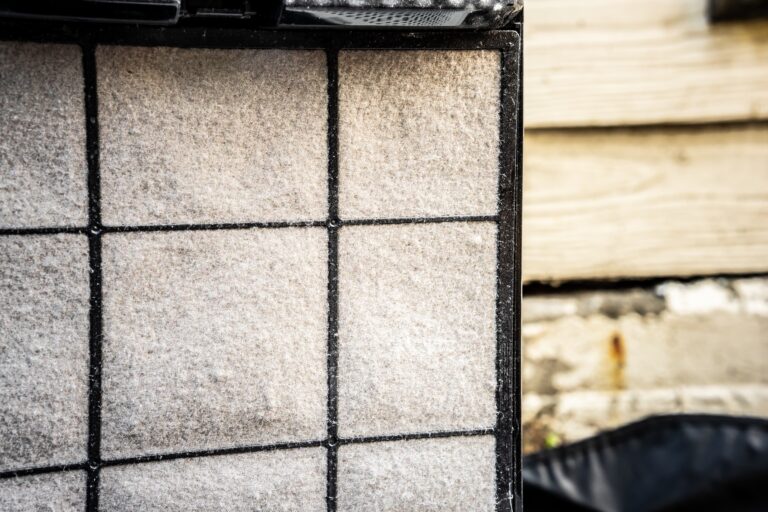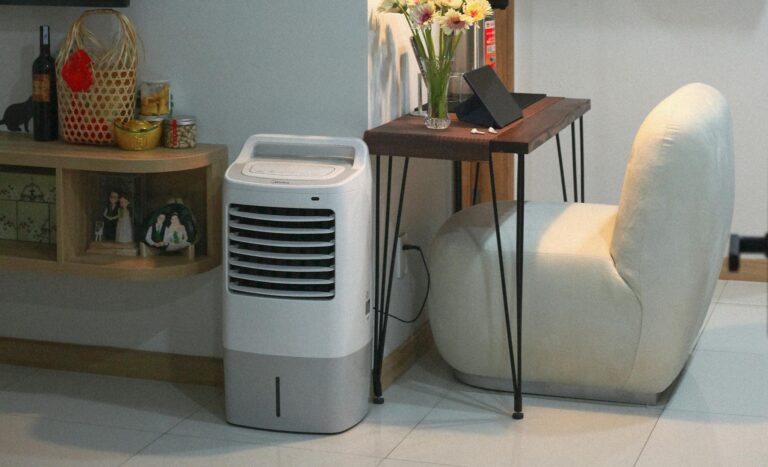5 Signs Your Heat Pump Needs Repair
A heat pump is a remarkable and versatile piece of technology. It is the single, hardworking system that provides your home with cool, dehumidified air during the hot and humid summers, and it is the same unit that delivers consistent, efficient warmth during the chilly winter months. This year-round operation makes it one of the most valuable and important appliances in any modern home. Because it runs in every season, however, it also accumulates more wear and tear than a traditional, separate furnace and air conditioner.
Like any complex mechanical system, a heat pump will eventually require professional service. It will almost always provide you with clear warning signs that a component is wearing out or a problem is developing. Ignoring these signs and hoping they will simply go away is a risky gamble that can lead to a sudden and complete system failure, often at the most inconvenient time. Learning to recognize these common distress signals is the key to taking proactive action, which can often mean the difference between a minor, affordable repair and a major, expensive component replacement.
Sign #1: Your Heat Pump Is Making Strange or Loud Noises
One of the most immediate and alarming signs of a heat pump problem is a new or unusual noise. A healthy heat pump should operate with a consistent, low-level hum from the fans and the compressor. When this familiar sound is replaced by a jarring and unfamiliar one, it is a clear indication of a mechanical issue that requires attention.
You should be particularly concerned if you hear any loud, metallic noises like grinding, screeching, or high-pitched squealing. These are urgent warning signs that often point to a serious problem with the compressor or one of the fan motors, such as failing bearings. Continuing to run the system when you hear these sounds can lead to a catastrophic failure of the component. The safest course of action is to shut the system off at your thermostat and call for professional service immediately.
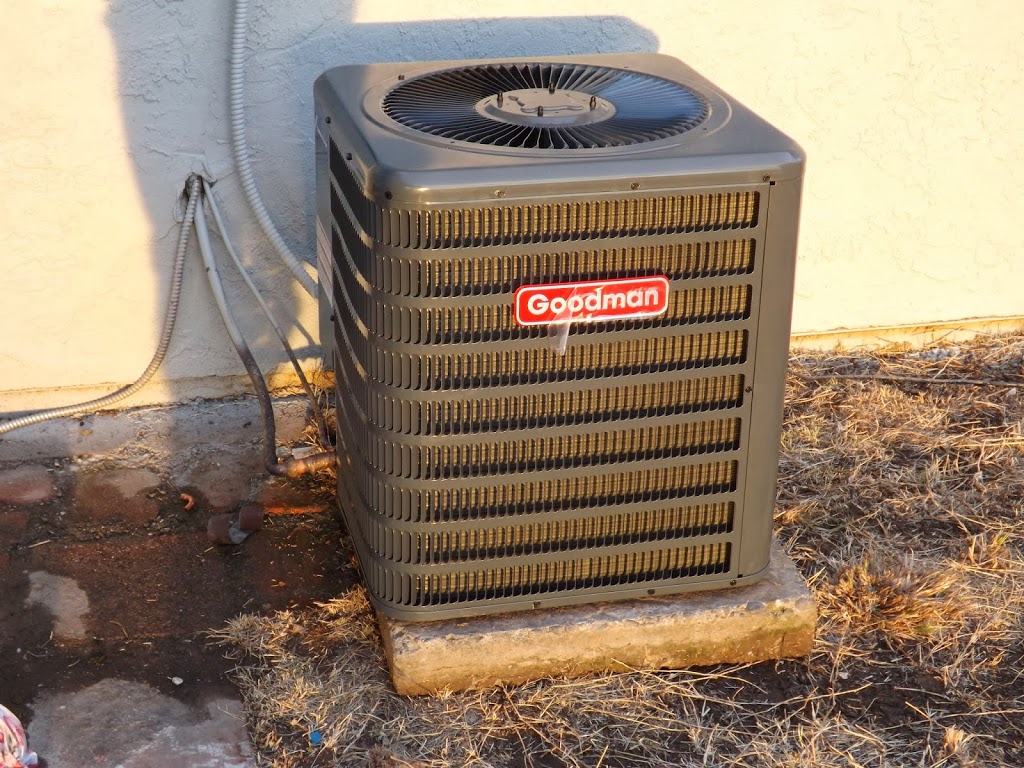
Other sounds can also indicate a problem. A rattling or clanking sound coming from the outdoor unit can sometimes be as simple as a loose access panel or a piece of debris, like a twig or a leaf, that has fallen into the unit and is being hit by the fan blades. However, it can also be a sign of a failing motor or a loose internal component that is about to break. A distinct hissing or bubbling sound, if it is new and persistent, is a classic symptom of a refrigerant leak somewhere in the system.
Don’t wait. Take care of your heat pump repairs today.
Sign #2: A Sudden and Unexplained Spike in Your Energy Bills
Your heat pump is designed to be one of the most energy-efficient ways to heat and cool your home. One of the most subtle but telling signs that your system is in trouble is a sharp and unexplained increase in your monthly electricity bill. If your family’s habits have not changed but your energy consumption has gone up significantly, it is a major red flag that your heat pump is no longer operating efficiently.
This loss of efficiency can be caused by a number of underlying problems. A system that is low on refrigerant due to a leak will be forced to run for much longer and more frequent cycles to try and achieve the temperature set on the thermostat, which consumes a great deal of wasted energy.
The most common cause of declining efficiency is a buildup of dirt and grime on the system’s coils. The indoor evaporator coil and the outdoor condenser coil are essential for the heat transfer process. When these coils become coated in a layer of dust, pollen, and dirt, it acts as an insulating blanket, forcing the compressor to work much harder and longer to heat or cool your home. A failing motor or another wearing electrical component can also draw more power than it should, contributing to a higher bill. A professional maintenance visit and cleaning can often restore a system’s lost efficiency and bring your energy bills back down to a normal level.
Sign #3: The System Is Cycling Incorrectly or Running Constantly
The operational pattern, or cycle, of your heat pump is a good indicator of its overall health. A properly functioning system should run for a reasonable amount of time to bring your home to the desired temperature, and then shut off for a while before the next cycle begins. Any major deviation from this pattern is a sign of a problem.
One of the most damaging symptoms is short cycling. This is when the heat pump turns on, runs for only a few short minutes, and then shuts off, repeating this inefficient cycle over and over without ever properly conditioning your home. This constant starting and stopping places an immense amount of stress on the compressor. Short cycling can be caused by a number of serious issues, including a severely clogged air filter that is causing the system to overheat or freeze up, a low refrigerant level that is tripping a pressure safety switch, or a faulty thermostat.
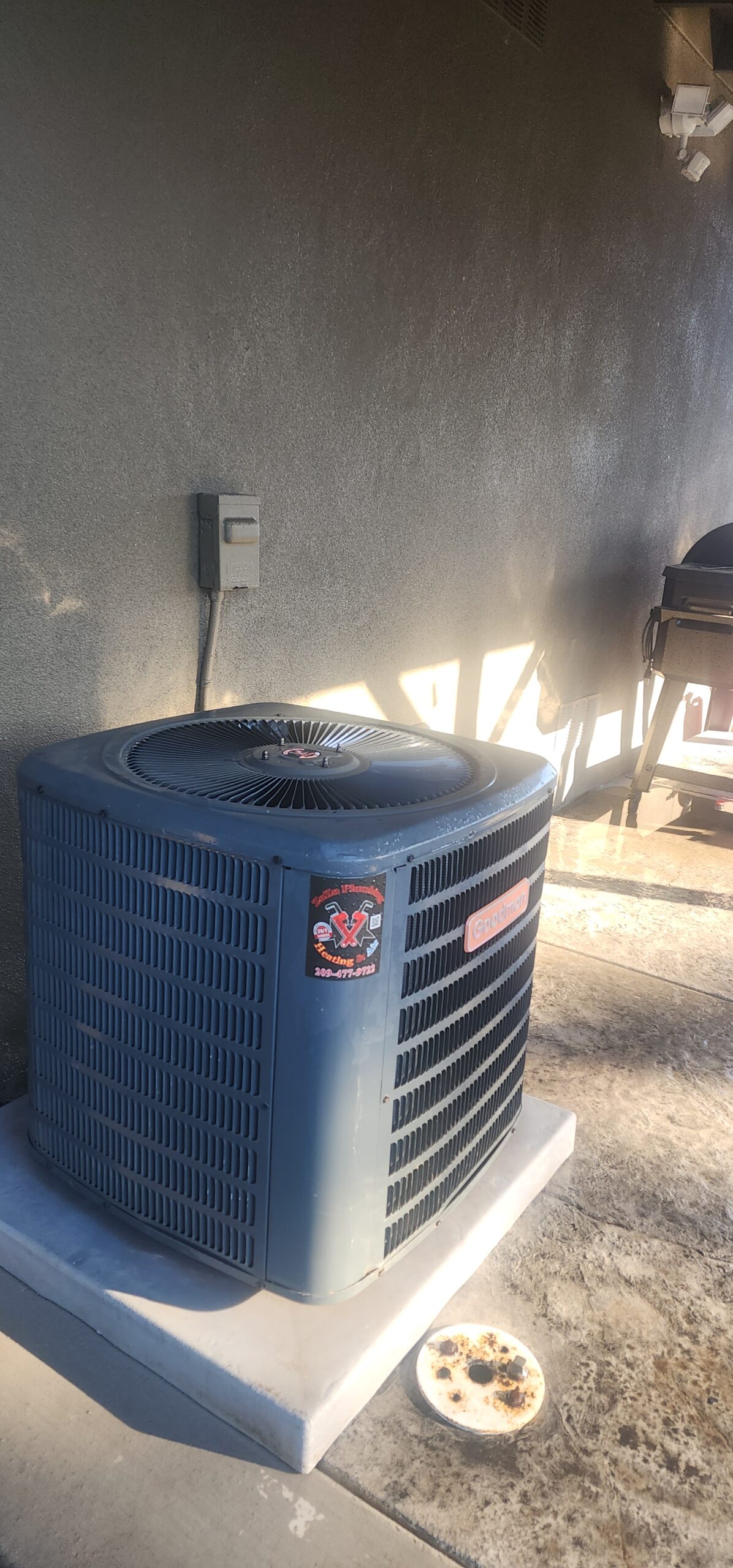
The opposite problem, a heat pump that seems to be running constantly without ever shutting off, is also a clear sign of trouble. If the system is running non-stop but the house is not getting any cooler in the summer or any warmer in the winter, it indicates that the system has lost a significant amount of its heating or cooling capacity. This could be due to a dirty coil, a significant refrigerant leak, or a failing compressor.
Sign #4: Poor Heating or Cooling Performance
The most obvious sign of a problem is when your heat pump is simply not doing its job of providing adequate heating or cooling. Because a heat pump is a more complex, reversible system, these performance issues can manifest in unique ways.
A classic heat pump problem is a unit that is blowing cool or lukewarm air when it is in heating mode. This is very often caused by a failure of the reversing valve. This is the component that is responsible for switching the flow of refrigerant to change the system from cooling to heating. If this valve becomes stuck in the cooling position, your heat pump will essentially be running as an air conditioner in the middle of winter.
Another critical warning sign to watch for during the heating season is a significant buildup of ice on your outdoor unit. While a thin layer of frost on the outdoor coil is a normal part of its operation in the winter, the system is designed to periodically run a defrost cycle to melt this frost. If you notice that your outdoor unit has become encased in a thick layer of ice, it is a definitive sign that the defrost cycle is malfunctioning. This will cripple the system’s ability to heat your home and requires an immediate repair. In the summer, a similar block of ice on your indoor coil is a sign of a severe airflow or refrigerant problem.
Help your heat pump stay efficient by scheduling regular maintenance.
Sign #5: The System Is Old and Requires Frequent Repairs
Even a well-maintained heat pump has a finite lifespan. Because it is the sole source of both heating and cooling, it runs year-round and accumulates wear and tear at a faster rate than a separate furnace and air conditioner. The average service life of a heat pump is typically between 10 and 15 years. If your system is approaching or has exceeded this age range, it is time to start paying close attention to its reliability and performance.
An older system that requires a single, minor repair can often be worth fixing. However, if you find yourself in a situation where you are having to call for service multiple times a year for different component failures, you are likely entering a cycle of throwing good money after bad. The accumulated cost of these frequent repairs can quickly add up and would be better invested in a new, more reliable, and more efficient system.
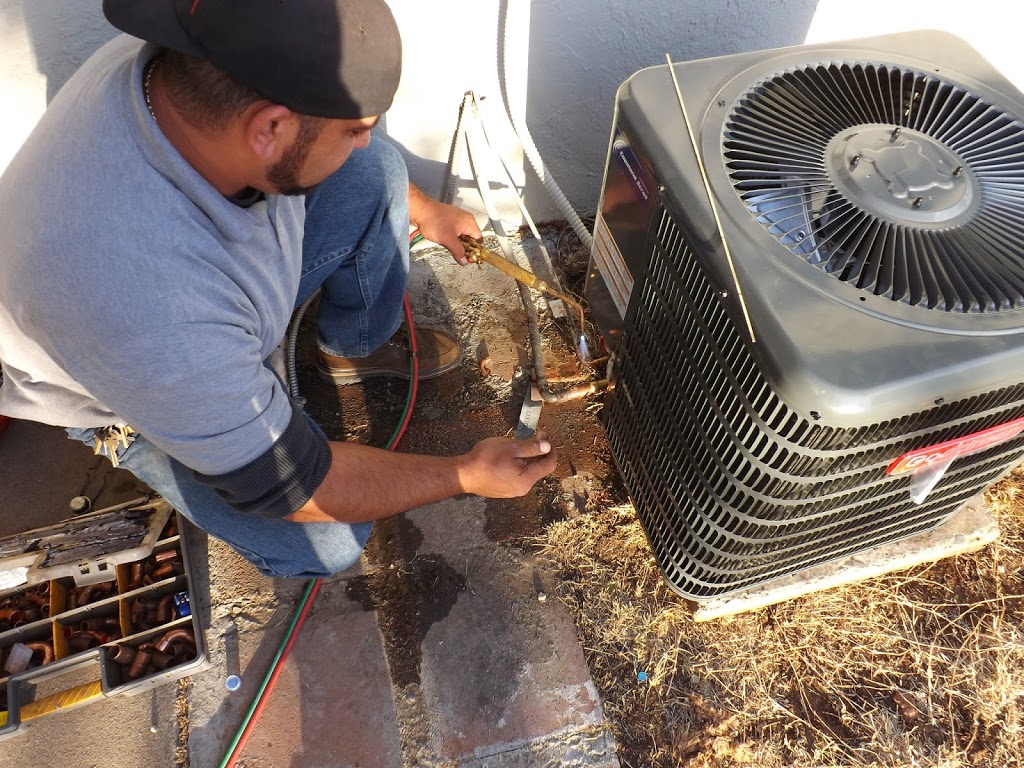
As a general guideline, you can use the “5,000 rule.” If you multiply the age of your heat pump in years by the estimated cost of the current repair, and the total is more than five thousand dollars, it is generally more financially sensible to replace the unit rather than to repair it. An older system is also likely to be less efficient and may use an older, obsolete refrigerant that is becoming very expensive to service.
If your heat pump requires constant repair, it might be time for a replacement.
Your heat pump is a hardworking and essential part of your home, and it will provide you with clear signals when it is in need of professional attention. By learning to recognize these common warning signs, from strange noises and high energy bills to incorrect cycling and poor performance, you can take proactive steps to address a small problem before it becomes a major and expensive breakdown.
If you are experiencing any of these symptoms with your home’s heat pump, we encourage you not to delay in seeking a professional diagnosis. Contact the expert, certified technicians at Zuzu Plumbing Heating and Air. We have the experience and the diagnostic tools to accurately identify the root cause of the problem and to provide a reliable and effective repair. Let us be your trusted partner in maintaining your home’s year-round comfort.
